What’s Your Relationship with Money?
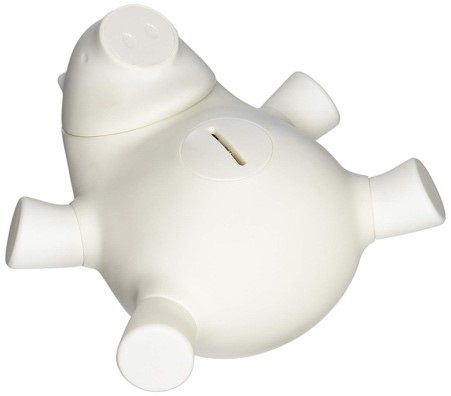
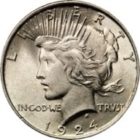
What’s your view of money? John Armstrong in his book How to Worry Less About Money says, “One’s relationship with money is lifelong, it colours one’s sense of identity, it shapes one’s attitude to other people, it connects and splits generations; money is the arena in which greed and generosity are played out, in which wisdom is exercised and folly committed. Freedom, desire, power, status, work, and possession: these huge ideas that rule life are enacted, almost always, in and around money.”

Some would view money as a magic wand. Tap relationships, longings, and material desires with enough money and abra cadabra–life is fun, exciting, joyful, and meaningful. But in reality, maybe the issue is not a money problem, but a deeper relational or spiritual problem that no amount of money can fix.
![]()
Others view money as an unreliable car—when you need it most, it won’t start and will “go broke” on you, as in break down. No matter the amount one has, there is the constant anxiety that there is not enough or that it will leave you in a lurch. In this situation, the individual needs to face deeper issues of trust that God will “give us this day our daily bread.”

There are those who view money as a contest. It could be with the next-door neighbor or a family member. In this competition with the Jones’s one finds worth in two things– having more and better things than others. But as comedian Lilly Tomlin once said, “Who wins the rate race? Rats.”

Sometimes people think a “spiritual view” of resources is that money is dirty, that it’s all filthy lucre. Along with sex, politics, and religion, the “m” word shouldn’t be talked about publicly. But money isn’t bad, just the love of money.
___
These are not biblical understandings of money. I’d like to suggest three alternate views of money that are healthier. What if we saw money as a gift, an instrument, and an ingredient?

Our faith teaches us money is a gift—all that we have has been entrusted to us by God. We are to be wise and generous stewards of this loan from God. This view frees us from worries and empowers us to appreciate money in healthy ways and not to cling to it or attach strings to it.
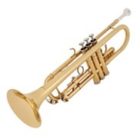
Secondly, money is an instrument. Money is a means, not the end. Money is a means to bless others, to provide for our true needs, and to accomplish things that are meaningful and beneficial to God, to us, and those around us. Our end is not money. Our end or goal is to cultivate good relationships, make a difference, glorify and enjoy God, and live life to the fullest.

Thirdly, money is an ingredient. I love garlic. But if I ate only garlic, nobody (including my wife Sarah) would want to be in the same zip code with me. However, when garlic is one ingredient of many in a dish, it makes for a great meal. So it is with money. As Armstrong says, “Money brings about good consequences—helps us live valuable lives—only when joined with ‘virtues.’”

May faith in God and application of these three views of money—a gift, an instrument, and an ingredient—help guide you as you seek to discern how God is leading you to save, give, and spend your money (it’s actually God’s money!) in ways that are good for all. Now that’s money in the bank!
___
With Gratitude,
Pastor John
Jots and Tittles Blog
Immanuel Presbyterian Church
john@immanuelpc.org
Recent Posts
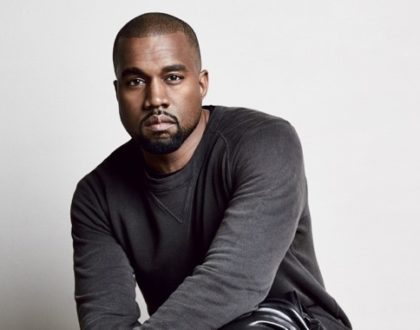
The Gospel According to Kanye?
December 12, 2019
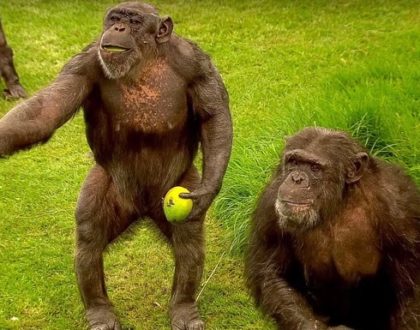
How to Crack a Tough Nut
November 20, 2019
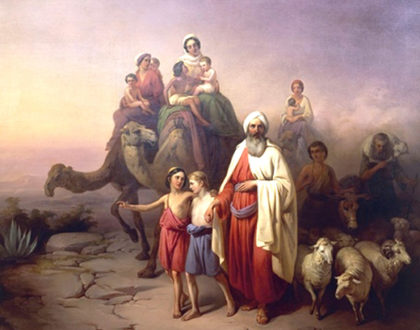
A Letter to Lift Your Spirit: An Overview of Hebrews
August 6, 2019

